
Epilepsy is a kind of neurological condition with repeated unprovoked seizures as symptoms. As the most common childhood brain disorder in the United States, pediatric epilepsy affects approximately 470,000 children and youth. In this guide, we'll explore what epilepsy is, its types, causes, diagnosis, and how it impacts children and their families. Understanding pediatric healthcare in relation to epilepsy is vital for parents, caregivers, and healthcare professionals to provide effective support and treatment.
What is a Seizure?
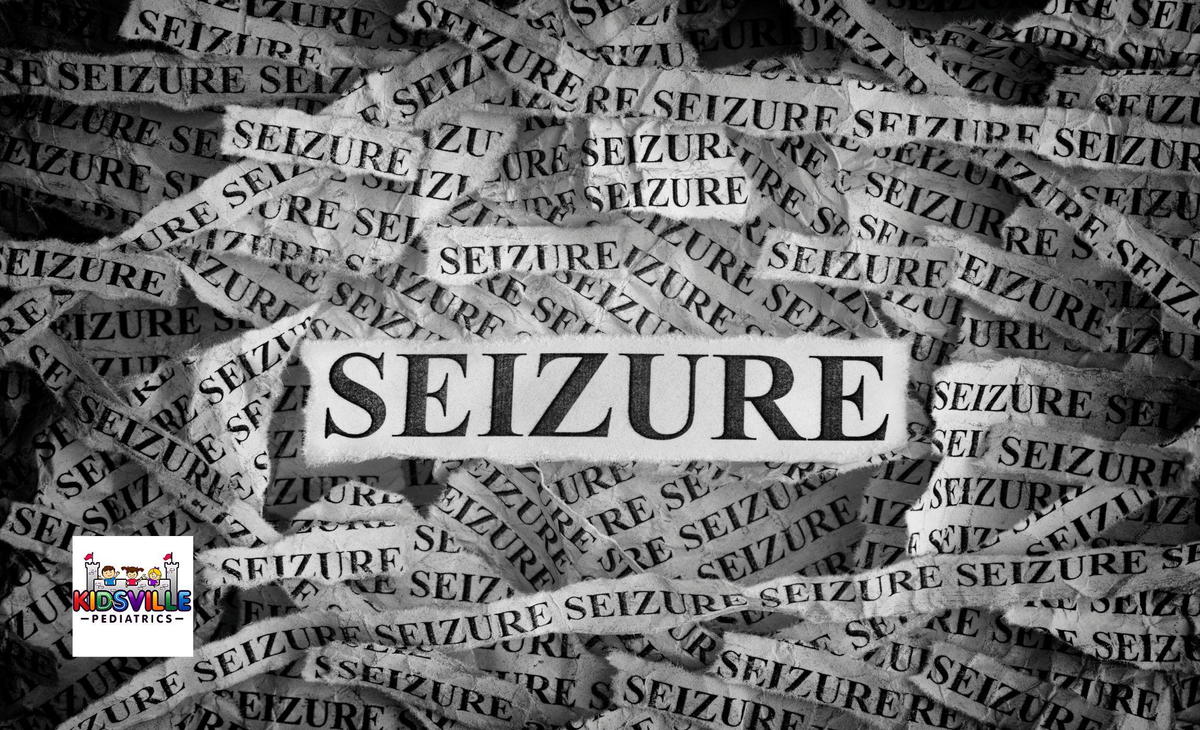
A seizure occurs due to a sudden surge of electrical activity in the brain, leading to a temporary disruption in brain function. There are various types of pediatric seizures, each presenting unique symptoms and effects on individuals. During a seizure, a person may experience a range of symptoms, including staring, shaking, collapsing, or losing awareness of their surroundings.
Types of Seizures
Generalized Seizures: These seizures affect the entire brain and may cause loss of consciousness, muscle stiffness, or rhythmic jerking movements.
Focal Seizures: These start in one area of the brain and can affect awareness or movement. Symptoms may vary widely depending on the brain region involved.
For parents, recognizing the signs of seizures can be essential for prompt medical intervention. Learn more about the different types of seizures and how they manifest in children.
Infantile Spasms

Infantile spasms are a specific type of seizure that occurs in infants, typically starting between 2 and 12 months of age. These pediatric seizures can lead to developmental delays if left untreated, highlighting the importance of early diagnosis and intervention.
Signs of Infantile Spasms
Parents should be vigilant for signs such as:
Body stiffening or arching of the back
Jerking movements of the arms
Rapid blinking or eye rolling
These movements often occur in clusters and may be mistaken for normal behaviors, making awareness and timely action crucial.
What Causes Pediatric Epilepsy?

The causes of pediatric epilepsy can vary widely. Some common factors include:
Genetic Disorders: Certain inherited conditions may predispose a child to epilepsy.
Brain Injuries: Trauma to the brain can lead to seizures.
Strokes: A stroke can alter brain function and lead to seizures.
Brain Tumors: Abnormal growths in the brain can cause seizures.
However, in many cases, physicians may not identify a clear cause of epilepsy in a child, which can be challenging for families seeking answers.
How is Pediatric Epilepsy Diagnosed?
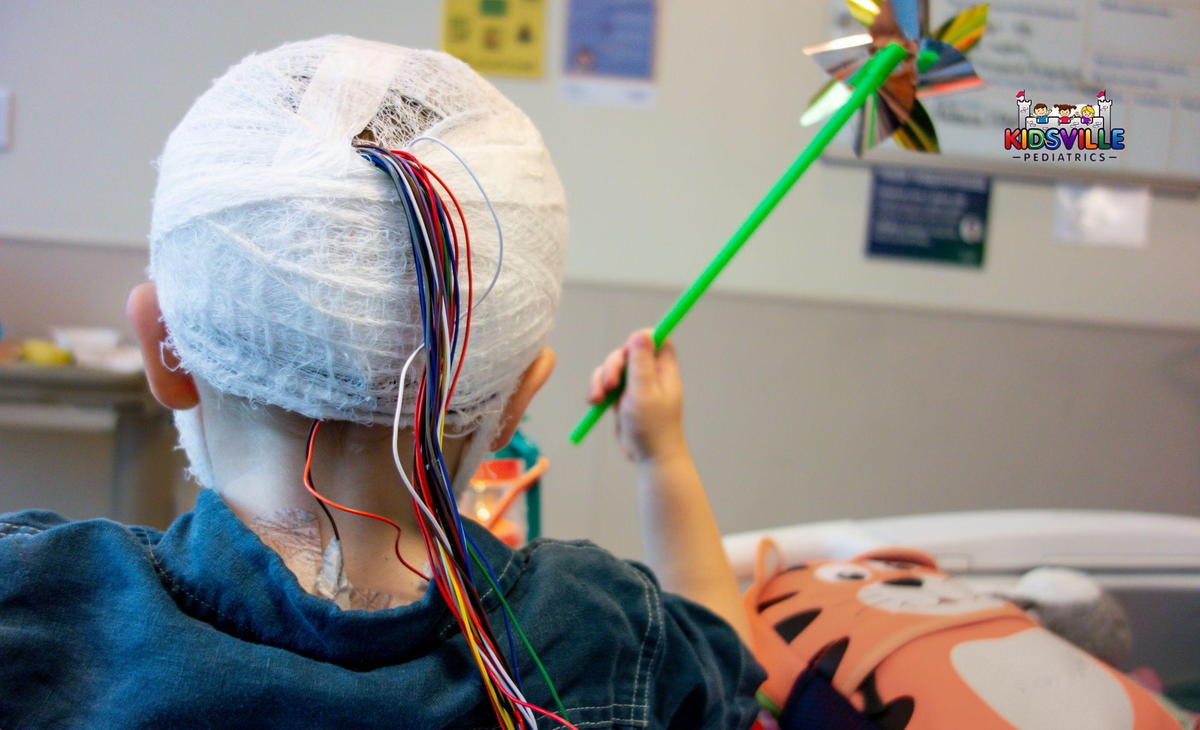
Diagnosis of pediatric epilepsy typically involves several steps:
Seizure History: Physicians will consider the child’s seizure history, including the number and types of seizures experienced.
Neurological Examination: A thorough examination can help identify any underlying neurological issues.
Electroencephalogram (EEG): This test measures electrical activity in the brain and can reveal abnormal patterns indicative of epilepsy.
Imaging Tests: MRI or CT scans may be utilized to visualize brain structures and identify any abnormalities.
A child may be diagnosed with epilepsy if they meet specific criteria, such as having experienced at least two seizures at least 24 hours apart without a clear cause. Understanding how pediatric healthcare professionals diagnose epilepsy is crucial for timely treatment.
How Does Epilepsy Affect Children and Youth?
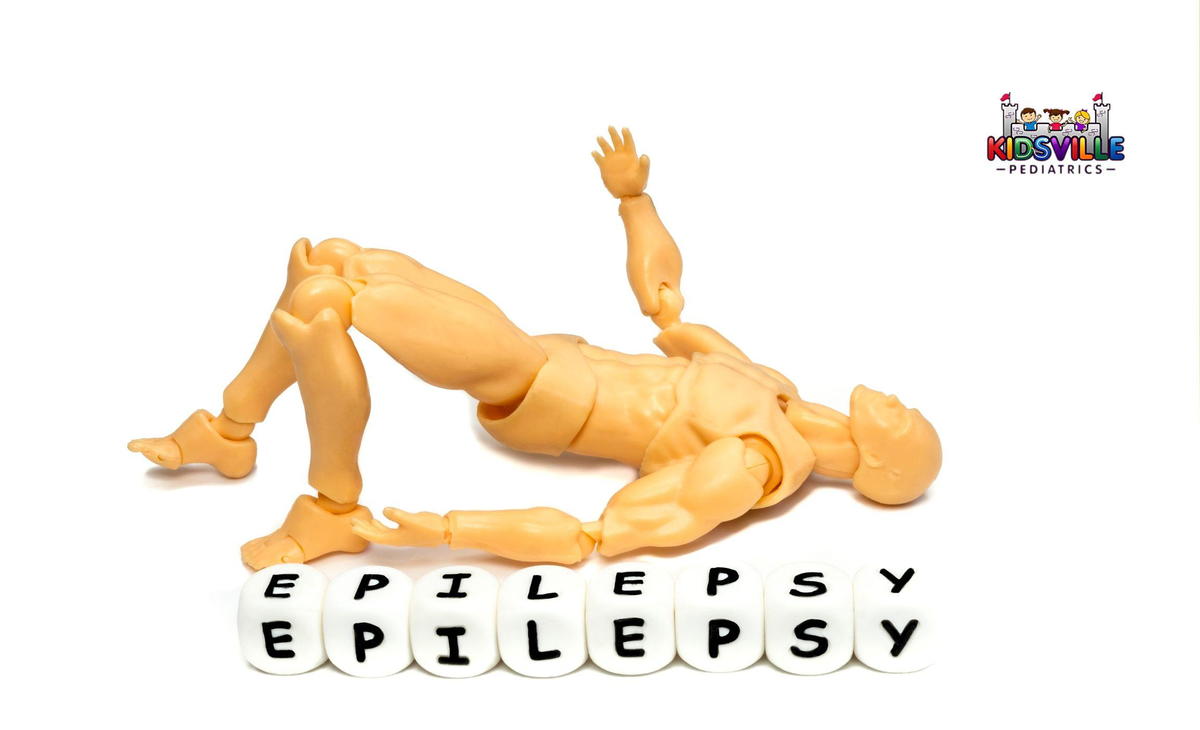
Epilepsy impacts each child differently, influenced by factors such as their age, the types of seizures they experience, and their response to treatment. While some children manage to control their seizures with medication and may eventually outgrow them, others face lifelong challenges that require ongoing care and support.
Comorbid Conditions
Children with epilepsy are at a higher risk of developing other health issues, including:
Developmental Disabilities: Conditions such as autism spectrum disorder and ADHD can co-occur with epilepsy.
Intellectual Disabilities: Some children may face cognitive challenges alongside their epilepsy.
Mental Health Issues: Depression and anxiety are common in children with epilepsy, necessitating a holistic approach to care.
Sudden Unexpected Death in Epilepsy (SUDEP)
A significant concern for families is the risk of Sudden Unexpected Death in Epilepsy (SUDEP), which refers to the unexplained death of an individual with epilepsy, not attributed to other causes. Awareness of this risk is essential, as certain factors can increase a child's likelihood of SUDEP, including:
Frequent seizures or poorly controlled epilepsy
Missing doses of seizure medication
Seizures occurring during sleep
Understanding Epilepsy Syndromes
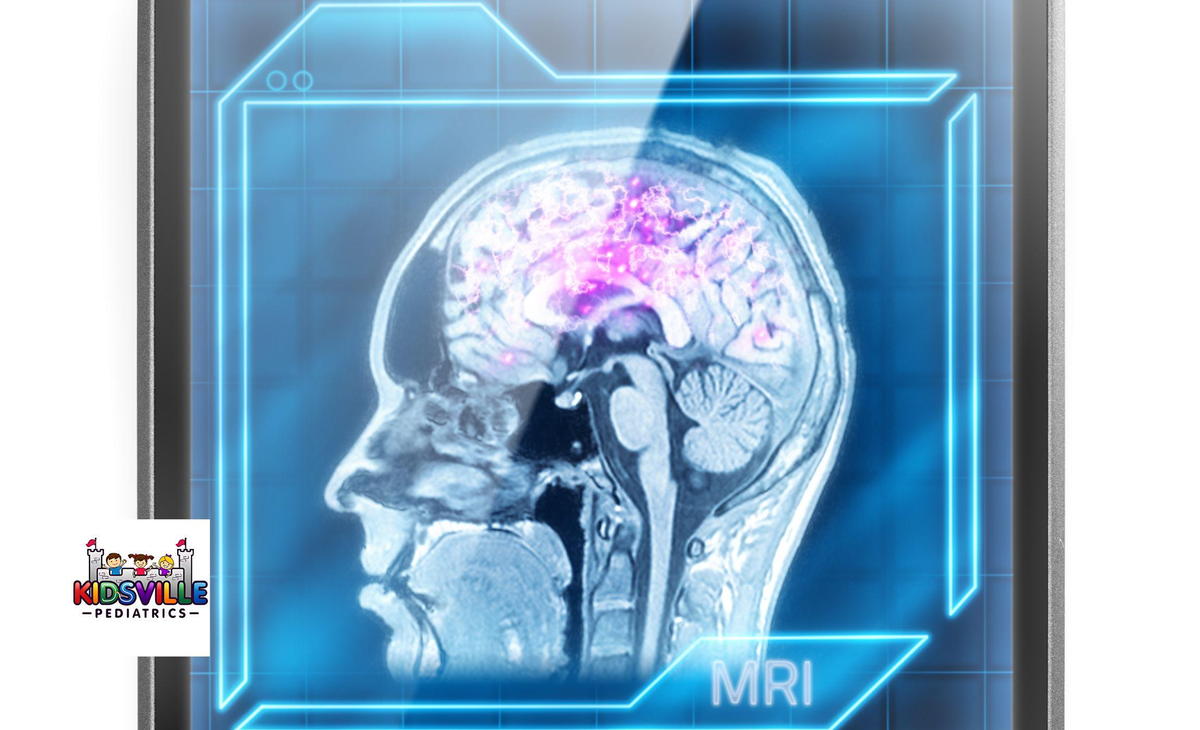
Epilepsy syndromes refer to specific groups of features that occur together, including the types of seizures, EEG patterns, and developmental outcomes. Recognizing the particular epilepsy syndrome affecting a child is crucial for appropriate treatment and care planning. Some common epilepsy syndromes include:
Childhood Absence Epilepsy: Characterized by brief lapses in consciousness.
Dravet Syndrome: A severe form of epilepsy that begins in infancy and is often associated with developmental delays.
Lennox-Gastaut Syndrome: A complex condition involving multiple types of seizures and cognitive impairments.
Understanding these syndromes allows healthcare professionals to tailor treatment approaches and provide better support for affected families.
The Importance of Early Diagnosis
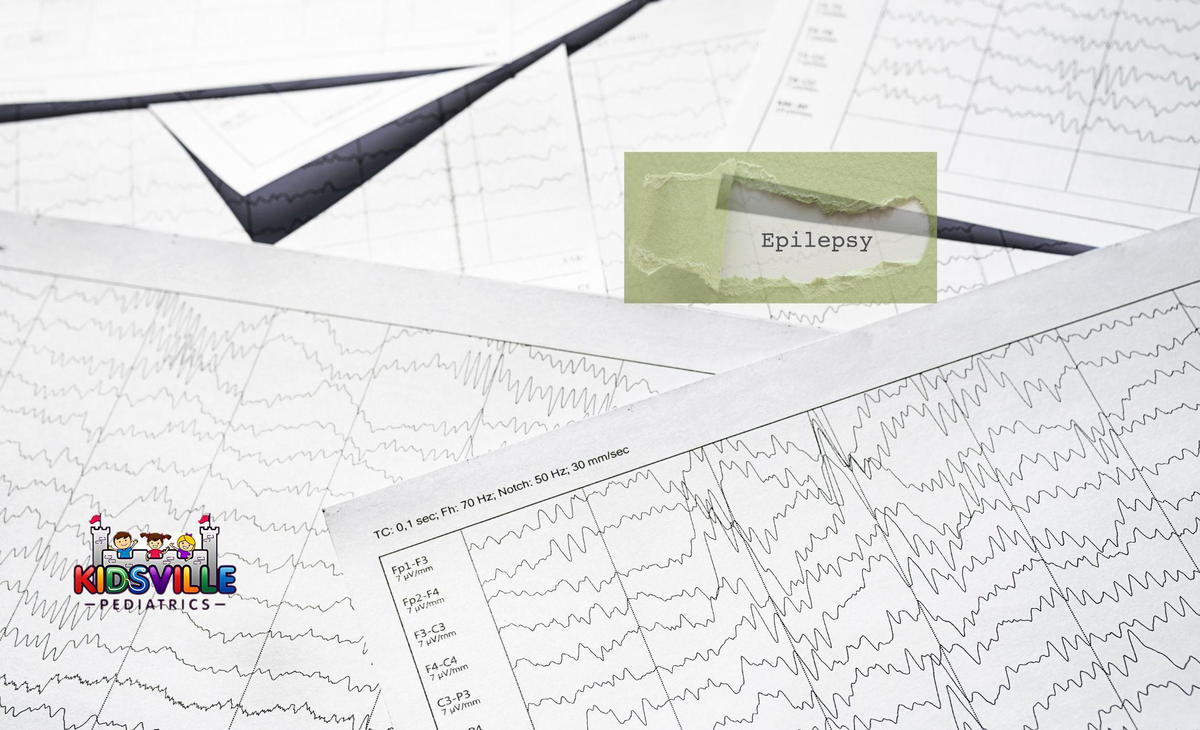
Early identification and intervention are vital in managing pediatric epilepsy. Delayed diagnosis can lead to significant developmental setbacks for infants experiencing infantile spasms or other types of seizures.
Steps to Facilitate Diagnosis
Parents and caregivers can help expedite the diagnostic process by:
Monitoring Symptoms: Keeping detailed records of seizure occurrences, including frequency, duration, and any triggers.
Recording Episodes: Video documentation of seizures can provide valuable information to your pediatrician.
Seeking Immediate Care: If a child exhibits signs of seizures, prompt consultation with the best pediatric doctor is essential.
Treatment Options for Pediatric Epilepsy
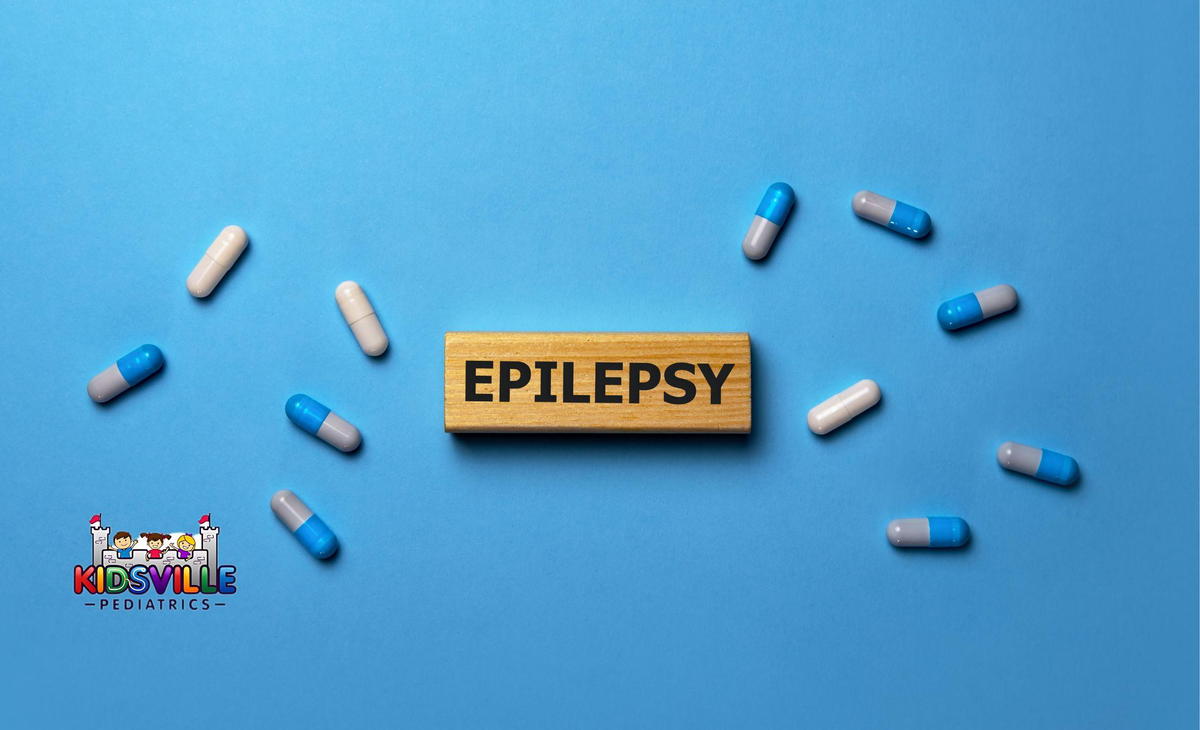
Treatment strategies for pediatric epilepsy vary based on the child's specific needs, the type of seizures they experience, and their overall health. Common treatment options include:
Medications: Antiepileptic drugs (AEDs) are often the first line of defense in managing seizures. Parents should work closely with their child's physician to find the most effective medication with the fewest side effects.
Dietary Therapies: For some children, dietary changes such as the ketogenic diet may help control seizures.
Surgical Options: In cases where medication fails to control seizures, surgical intervention may be necessary to remove the area of the brain responsible for seizures.
Vagus Nerve Stimulation (VNS): This treatment involves implanting a device that stimulates the vagus nerve to reduce seizure frequency.
Creating a Seizure Action Plan
Parents should work with their child’s pediatric urgent care team to develop a seizure action plan that outlines what to do in case of a seizure, including emergency contacts and instructions for caregivers. Educating family members and caregivers on seizure first aid is also crucial.
Supporting Children with Epilepsy

As a parent or caregiver, supporting a child with epilepsy involves understanding their condition, advocating for their needs, and fostering a supportive environment. Here are some tips to help:
Communicate Openly: Discuss epilepsy openly with your child and encourage them to express their feelings and concerns.
Encourage Healthy Habits: Help your child establish a routine that includes adequate sleep, physical activity, and stress management.
Monitor Seizure Patterns: Keeping track of seizure activity can help identify triggers and inform treatment decisions.
Educate Others: Ensure that teachers, friends, and family members are informed about your child’s epilepsy and know how to respond in case of a seizure.
Foster Independence: While safety is a priority, encouraging independence can help your child develop confidence and self-esteem.
Pediatrician Near Me
Understanding pediatric epilepsy is crucial for parents, caregivers, and healthcare professionals alike. Through education, awareness, and proactive engagement with pediatric healthcare resources, families can navigate the complexities of epilepsy more effectively. By prioritizing early diagnosis and tailored treatment plans, we, at Kidsville Pediatrics, can help children with epilepsy lead fulfilling lives and reach their full potential.
If you have concerns about your child’s health or potential seizures, don’t hesitate to reach out to your pediatric healthcare provider for guidance and support. Together, we can work toward a brighter future for children living with epilepsy and their families.
Click to Schedule An Appointment. Or visit/call our clinics: Kidsville Pediatrics Mansfield TX: 682-341-3910; 1759 Broad Park Circle S, Suite 201 & 205, Mansfield, TX Kidsville Pediatrics Southlake: 682-345-8010; 2813 W. Southlake Blvd Suite 100 Southlake, TX Kidsville Pediatrics McKinney: 469-885-9400; 5881 Virginia Pkwy. Suite 300 Mckinney, TX |
